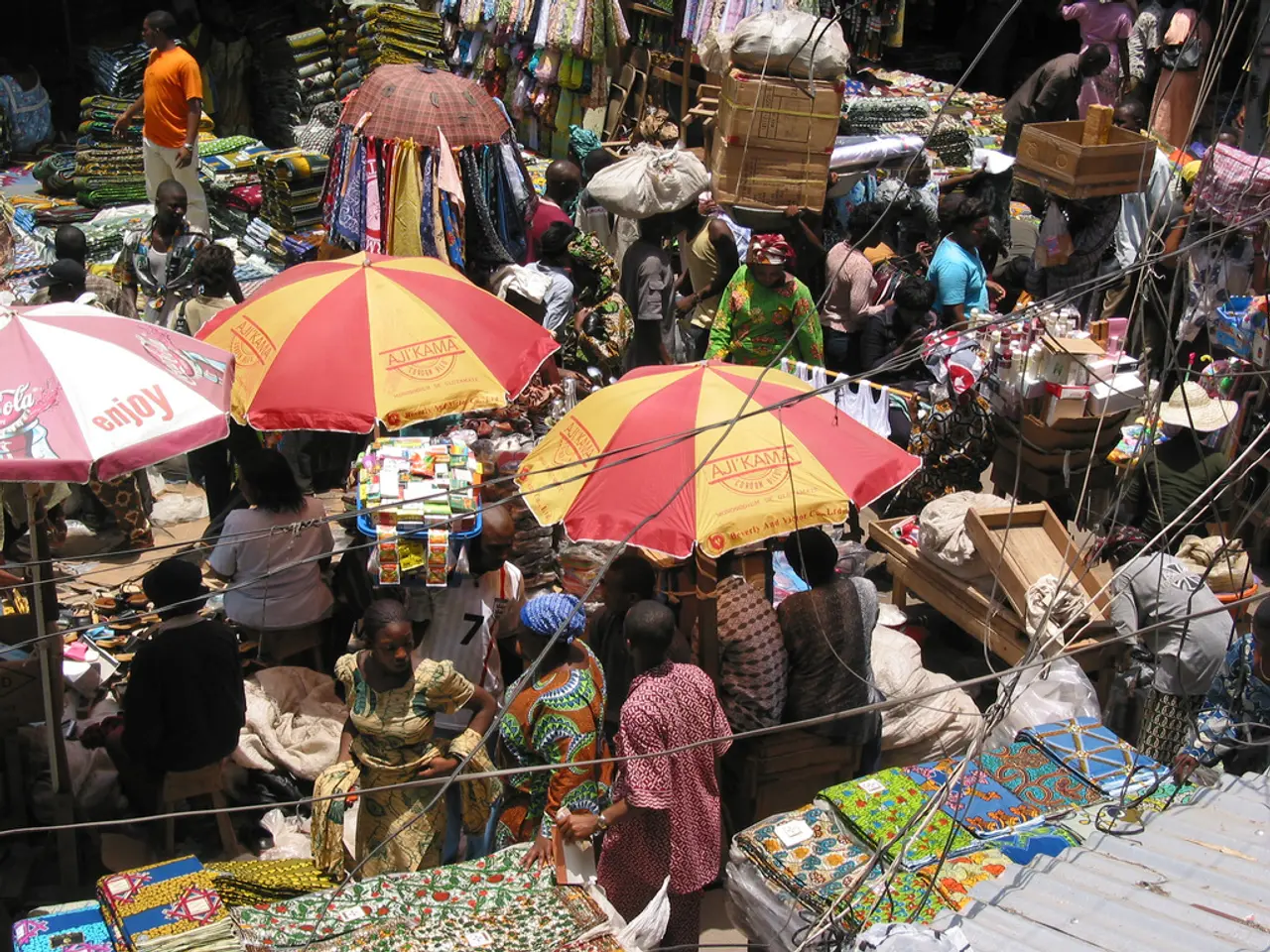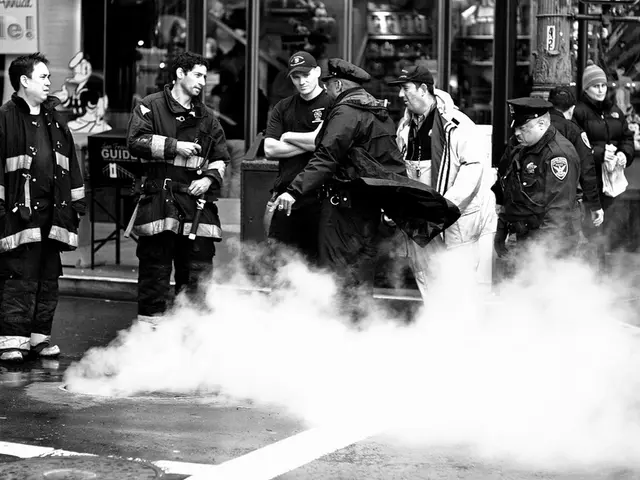Unveiling the Cretan Mafia Scandal in Greece: Intimidation, Extortion, Agreements, and Significant Church Involvement
In a shocking turn of events, Greek authorities have uncovered a vast criminal network operating on the island of Crete, known as the Cretan Mafia. Over the course of eight months, this network is suspected to have carried out a staggering 5,800 drug sales, with a total of 41 kilograms of cannabis, 9 kilograms of cocaine, and over 2 kilograms of heroin. The estimated turnover from these illicit activities is over $3.5 million.
The investigation, which involves 90 individuals, has cast a wide net across the island. Businesspeople, convicted criminals, uniformed officers, and clerics are among those implicated in the case. The network allegedly sought to exploit the General Hospital of Chania, offering properties for lease through direct award contracts with marked kickbacks to public officials.
The Cretan mafia case has also implicated several local politicians, businesspeople, and law enforcement officers associated with organized crime networks on Crete. The investigation has uncovered ties with uniformed personnel, including a police officer who allegedly warned the group about police operations. Air Force staff are also implicated, with one worker accused of processing cocaine into smokable form and handling stash points, and another distributing cocaine in a nightclub.
The network used nicknames such as "Angela," "Mikros," "Australianos," and "Bigalis." "Angela," a suspected leader's wife, allegedly acted as cashier for the drug operation. A gym owner known as "Patoboukalos" and a 68-year-old inmate called "Strategos" are also identified as senior figures.
The case widened when police captured calls between the alleged leader and former Defense Minister Panos Kammenos, discussing relics of Saint Lazarus. The network has been linked to a bomb attack on a police officer's home, with "Patoboukalos" named as the instigator. The then-abbot of the Holy Monastery of Agia Triada in Chania is reported to have signed a certificate that removed the land from church property records, and was later removed by the Metropolitan of Kydonia and Apokoronas. The abbot sold the land to investors of Israeli interests at a high price.
The investigation resulted in 49 arrests after eight months of undercover work, and the second case file has been sent to prosecutors, who are expected to issue charges soon. The investigation is ongoing, and new arrest warrants may follow. A Chania businessman active in church affairs complained to police after threats from the two brothers, who claimed to hold a USB with personal material of an archimandrite and demanded money. Archimandrite Melchisedek Ambelikakis publicly responded to the claims, denying any involvement in mafia dealings and stressing his respect for holy relics.
The Cretan mafia network is under investigation in Greece for drug and weapons trafficking, blackmail, money laundering, and influence over church appointments. The police seized an extensive cache of weapons and materials during the raids, including rifles, shotguns, pistols, thousands of rounds of ammunition, explosives, and two bombs ready for use. The case file records efforts to collect around $23,300 from a contractor on behalf of a friend. The investigation remains a significant development in the fight against organized crime in Greece.
Read also:
- visionary women of WearCheck spearheading technological advancements and catalyzing transformations
- Recognition of Exceptional Patient Care: Top Staff Honored by Medical Center Board
- A continuous command instructing an entity to halts all actions, repeated numerous times.
- Oxidative Stress in Sperm Abnormalities: Impact of Reactive Oxygen Species (ROS) on Sperm Harm








